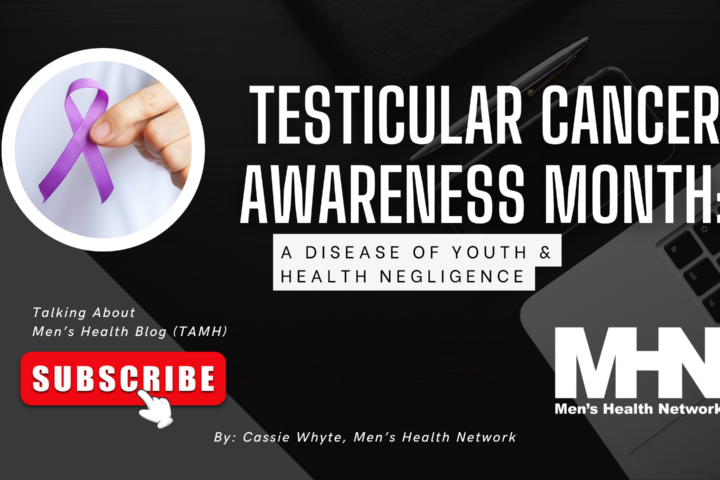 Do you have high blood pressure? If so–and this applies even if you’re under 40–you really need to do something about it. A new study found that high blood pressure–and by “high blood pressure” researchers mean anything more than 120/80)–may have some serious negative consequences for you brain. Specifically, it may prematurely age your brain.
Do you have high blood pressure? If so–and this applies even if you’re under 40–you really need to do something about it. A new study found that high blood pressure–and by “high blood pressure” researchers mean anything more than 120/80)–may have some serious negative consequences for you brain. Specifically, it may prematurely age your brain.
Between 2009 and 2010, Dr. Charles DeCarli of the University of California at Davis and his colleagues did high-tech brain scans on 579 patients with an average age of 39. They found that high blood pressure was “strongly associated” with the kind of physical changes in the brain that the researchers say could lead to memory problems and even dementia. It was also associated with “reduced gray-matter volumes”–in other words, it makes your brain smaller.
According to the researchers, MRIs of the brains of 30-year-olds with high blood pressure looked very much like those of 40-year-olds whose blood pressure was fine.Scientists and neurologists believe that the damage to arteries caused by high blood pressure may actually reduce the blood flow–and the amount of oxygen–to the brain.
“Our results suggest that subtle vascular brain injury develops insidiously during life, with discernible effects even in young adults,” the study’s authors write. “These findings emphasize the need for early and optimum control of blood pressure.”
What does this mean for you? A lot.
Get your blood pressure checked often–even if you’re in your 30s. It’s painless and hardly takes any time, so just get it done. And keep track of the results.
Ask your healthcare provider to tell you whether your pressure is high. The magic number is 120/80 (pronounced “one-twenty over eighty”).
If your pressure is high, start making some lifestyle changes, which includes eating less meat and cutting back on salt, getting more exercise, and doing whatever you can to reduce the amount of stress in your life.
Get a copy of “Heartbeat” for free, published by Men’s Health Network.
The study was funded by the National Institutes of Health and the National Institute and was published in The Lancet Neurology. You can read an abstract here.



